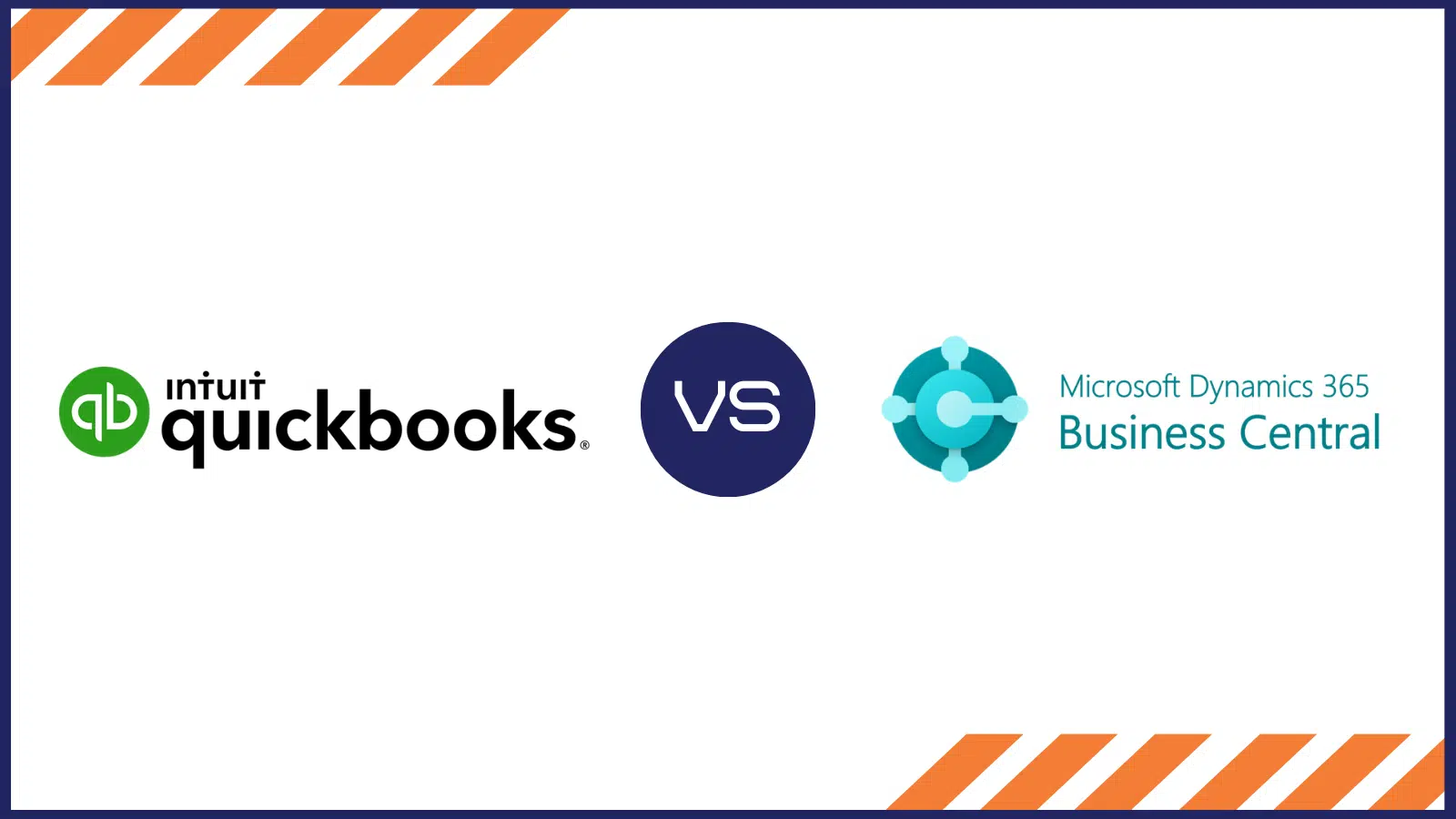Is QuickBooks Killing Your Small Business?


About Author
Mason Whitaker
Microsoft Dynamics 365 | Simplify your IT footprint and make decisions faster.
Good news! Your business is growing, and you are taking a closer look to see if your current systems are the right ones to help scale your business into this next growth phase. Some signs that you have noticed QuickBooks might not be as helpful are obvious, however, there are other signs that you may not even realize that could be making an extremely negative impact on your business – It’s important to know what signs to look for and begin planning your next steps.
Here are a few common signs that your business has outgrown QuickBooks:
1. OVER-RELIANCE ON SPREADSHEETS & WORKAROUNDS:
Does it take too long to bill clients? Is it difficult to determine your true cash balance? Your business requires more complex financial tools that are not available in QuickBooks and are using other means to fill that gap.
Examples: consolidating multiple financial reports by hand, manually tracking your team’s hours, and performing time-consuming manual financial and inventory processes.
2. USER STORAGE LIMITATIONS
QuickBooks Enterprise supports up to 30 users, while this may be a fit for a growing business, it places a cap on how much you can grow. A modern ERP shouldn’t limit your growth.
3. Difficulty adapting to new business requirements
The business environment is changing at a rapid pace and your company needs to be able to readily adapt to the market. QuickBooks Issues limits you to only your basic accounting needs, but your business needs greater capabilities.
4. Duplicated entry is a sign you are living in the past
If you are manually importing data from outside systems (like custom billing/payroll entries) a certain number of manual processes like data entry is common for small businesses, but as the company grows, these practices can be a pitfall consuming more time and resources and leaving room for user error. Stop wasting your valuable time and resources on manual, repetitive data entry and upgrade to a solution that can easily integrate, reducing those manual processes and increasing accuracy.
5. Manage customer relationships more closely
QuickBooks is incredibly limited in what it offers for managing customers and vendor relationships. Your ERP should offer you a live, 360° picture of your business relationships.
6. Inventory tracking is completely absent
You require inventory or manufacturing functionality that just is not supported in QuickBooks – back order and partial shipments can be very difficult to track in QuickBooks, for more advanced functionality, you need a system that is built to support holistic business planning, rather than a niche product designed for basic accounting.
7. Limited reporting & no real-time data
To make faster, more insightful decisions you need analytics that provide accurate, timely pictures of your organization and its processes, with QuickBooks Issues it is challenging to see crucial elements like your true cash balance and it takes too long to get financials each month.
8. Putting off a decision?
Are you expecting your organization to scale and grow quickly? QuickBooks works well for a time, but hamstringing that early growth can be detrimental to an organization’s 3 and 5-year growth plans. It’s imperative that you have systems in place that are built to support growth.
9. Personalization
QuickBooks limits how personalized you can make your workflows. ERP systems should be designed to meet the unique needs of your business and your systems should be able to do that without custom development (and the subsequent extra cost incurred).
10. no cloud optimization
Your company is increasingly reliant on the cloud – while you can access QuickBooks enterprise over the internet, even intuit is transparent that QuickBooks is not optimized for full cloud functionality.


